On April 14, the Lao ethnic community living in Na Sang 1 and Na Sang 2 villages, Nua Ngam commune, Dien Bien district (Dien Bien province) enthusiastically celebrated the traditional Bun Huot Nam festival (Water Festival). This is an event of great significance in the cultural and spiritual life of the Lao ethnic community in Dien Bien.
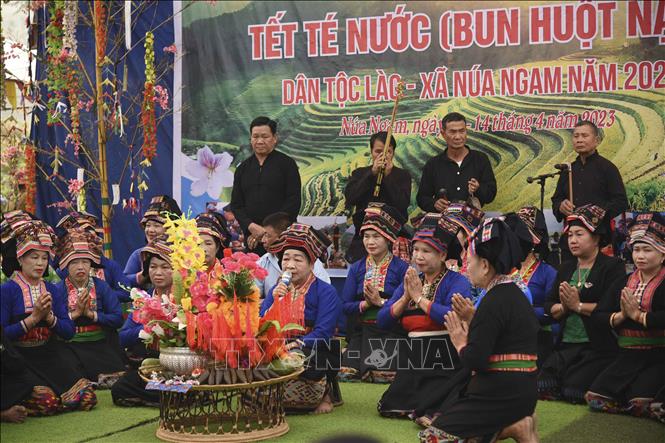
From early morning, people in Na Sang 1 village choose their most beautiful and colorful traditional costumes to participate in the festival. The roads in the village are also decorated with colorful flags and flowers, creating a joyful and bustling atmosphere throughout the village. At around 7:30, groups of people in gorgeous costumes gather at the empty land next to the Nam Nua River to prepare for the festival rituals. The performances are imbued with the cultural identity of the Lao ethnic community, performed by women in the village.
Right after the performances are the rituals and ceremonies to worship the gods. The offerings, carefully prepared in advance, will be brought to the center of the area to perform the ceremony. The shaman, the village elder, the village chief and the ritual team will wear traditional costumes and gather around the offerings and perform the ritual to worship the gods.
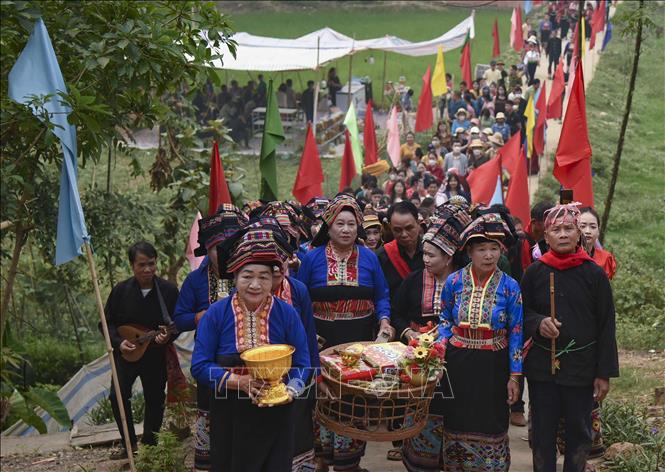
After the ceremony, the shaman, the village elder, the village chief, and the prestigious people in the village will perform the wrist-tying ritual for all the people and tourists participating in the festival. The wrist-tying ritual is to pray for good luck, wishing the person being tied a new year of peace, no illness, and good luck. During the wrist-tying process, some people in the ritual team will use flower branches to sprinkle water to wish for good luck.
After the ceremony to worship the gods, the shaman and the ritual team will go to each house in the village to perform the ritual of asking for rainwater (só nam phạ hơn). The homeowner will splash water on the group of people asking for water with the meaning of blessing and blessing everyone with good luck. The group of people bring offerings to the Nam Nua stream area to offer the offerings and invite the stream god to enjoy the ceremony. After that, all the villagers wade into the stream to bathe and splash water on each other to wish for good things.
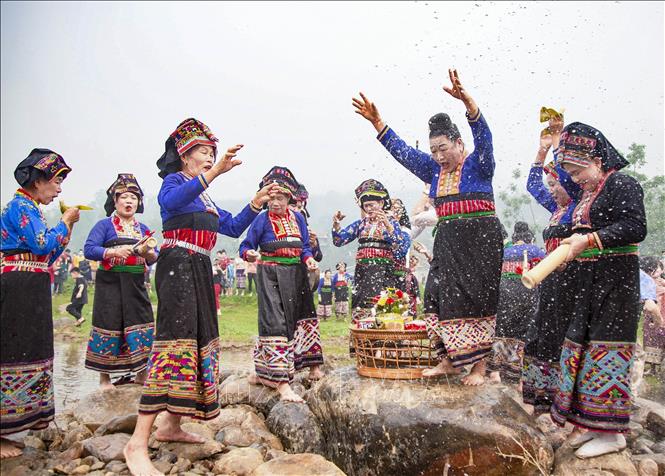
The festival includes traditional folk games such as turtle hatching eggs, tiger attacking pigs, snake catching shoots, dragon climbing to the clouds, etc. Villagers and tourists from all over gather at the open ground to have fun, cheering to the sound of drums and gongs, making the Tet atmosphere more jubilant and exciting.
Ms. Luong Thi Sao May, the host of the Water Splashing Festival in Nua Ngam, excitedly said that for two years affected by the COVID-19 pandemic, the Lao people in Na Sang could not celebrate the Water Splashing Festival. Up to now, with the attention of the Party and the State, specifically the Nua Ngam commune government, the Lao people in Na Sang are extremely excited and happy to celebrate the traditional Water Splashing Festival of the nation again. All the people in the village, from old to young, have decorated the streets, prepared art performances, and folk games for many days to bring a bustling and jubilant atmosphere to the New Year.
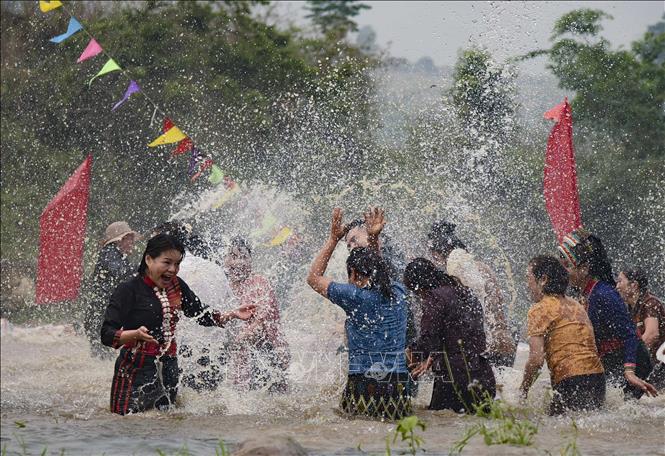
Water Splashing Festival is an important ritual of the Lao ethnic community in Na Sang with the wish for everyone to have good health, good crops, and favorable weather. Besides, through Water Splashing Festival, we want to remind our descendants of the good traditions and solidarity in the Lao ethnic community in Na Sang.
According to Mr. Cao Dang Nghi, Chairman of the People's Committee of Nua Ngam commune, the Lao ethnic people live in two villages, Na Sang 1 and Na Sang 2. The Lao ethnic community in Nua Ngam still actively maintains and promotes the cultural features left by their ancestors, from costumes, lifestyle to festivals and rituals. In particular, the Water Festival was recognized by the Ministry of Culture, Sports and Tourism as a National Intangible Cultural Heritage in 2017. This is the motivation for the Nua Ngam commune government as well as the Lao ethnic community in Na Sang to actively preserve, maintain and promote the unique cultural features of the ethnic group, and develop local tourism.
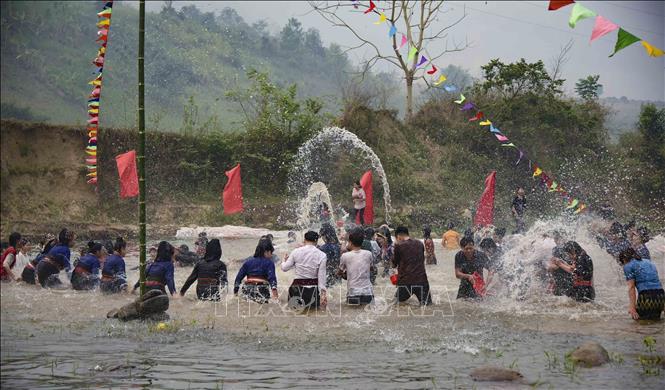
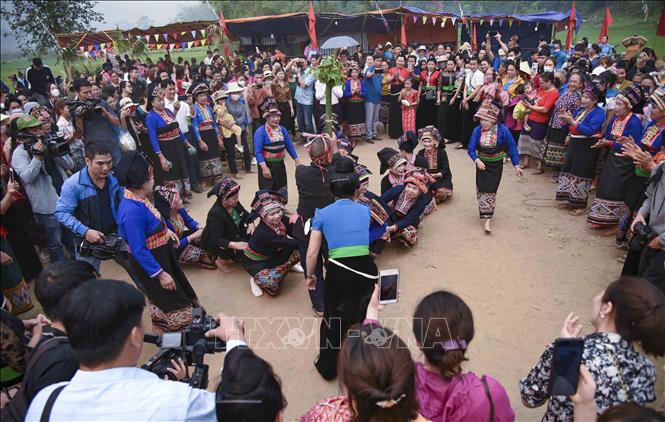
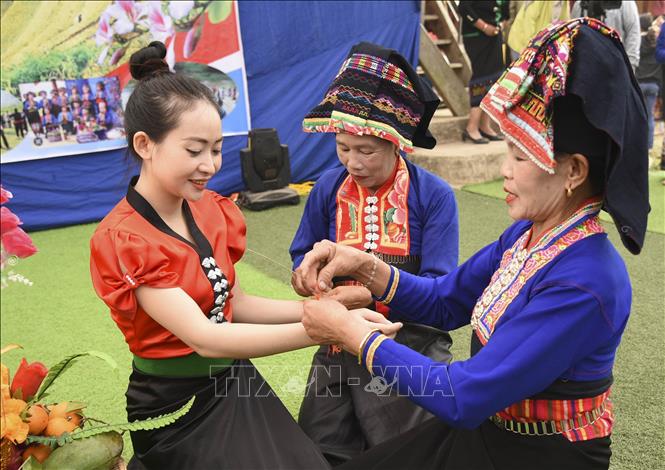
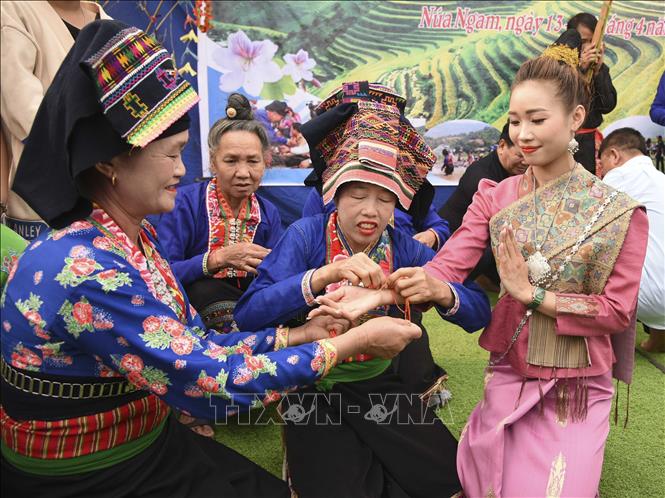
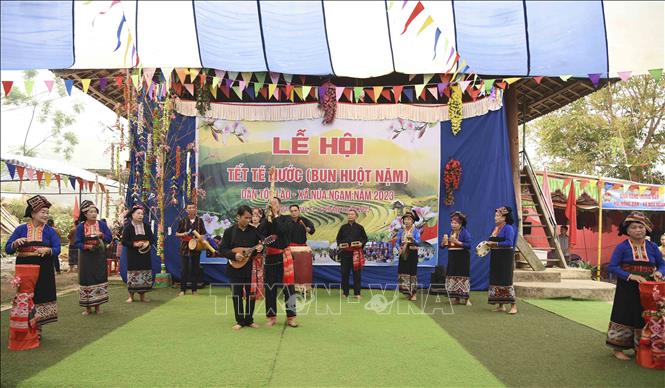
Article and photos: Xuan Tu (Vietnam News Agency)
Source link


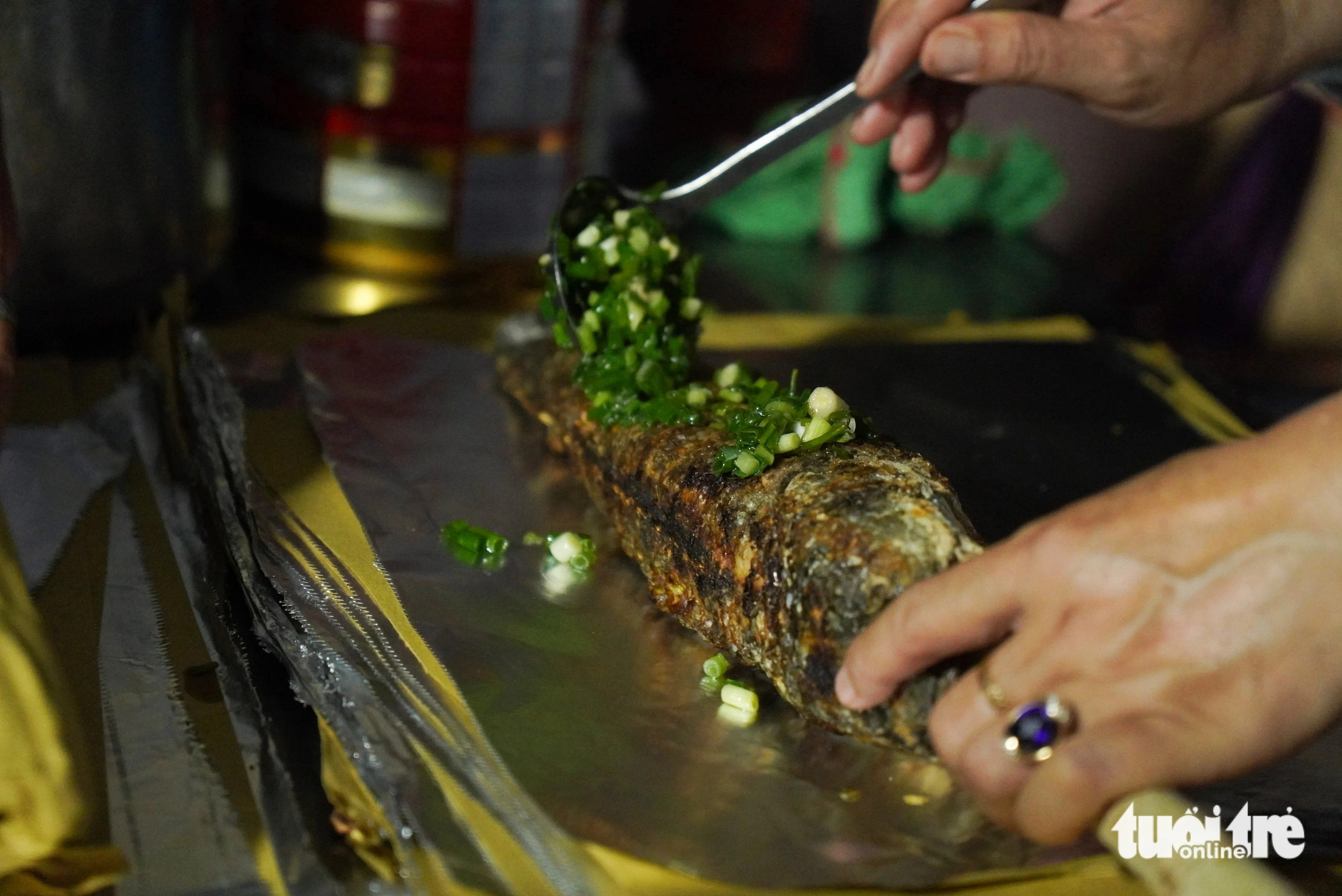



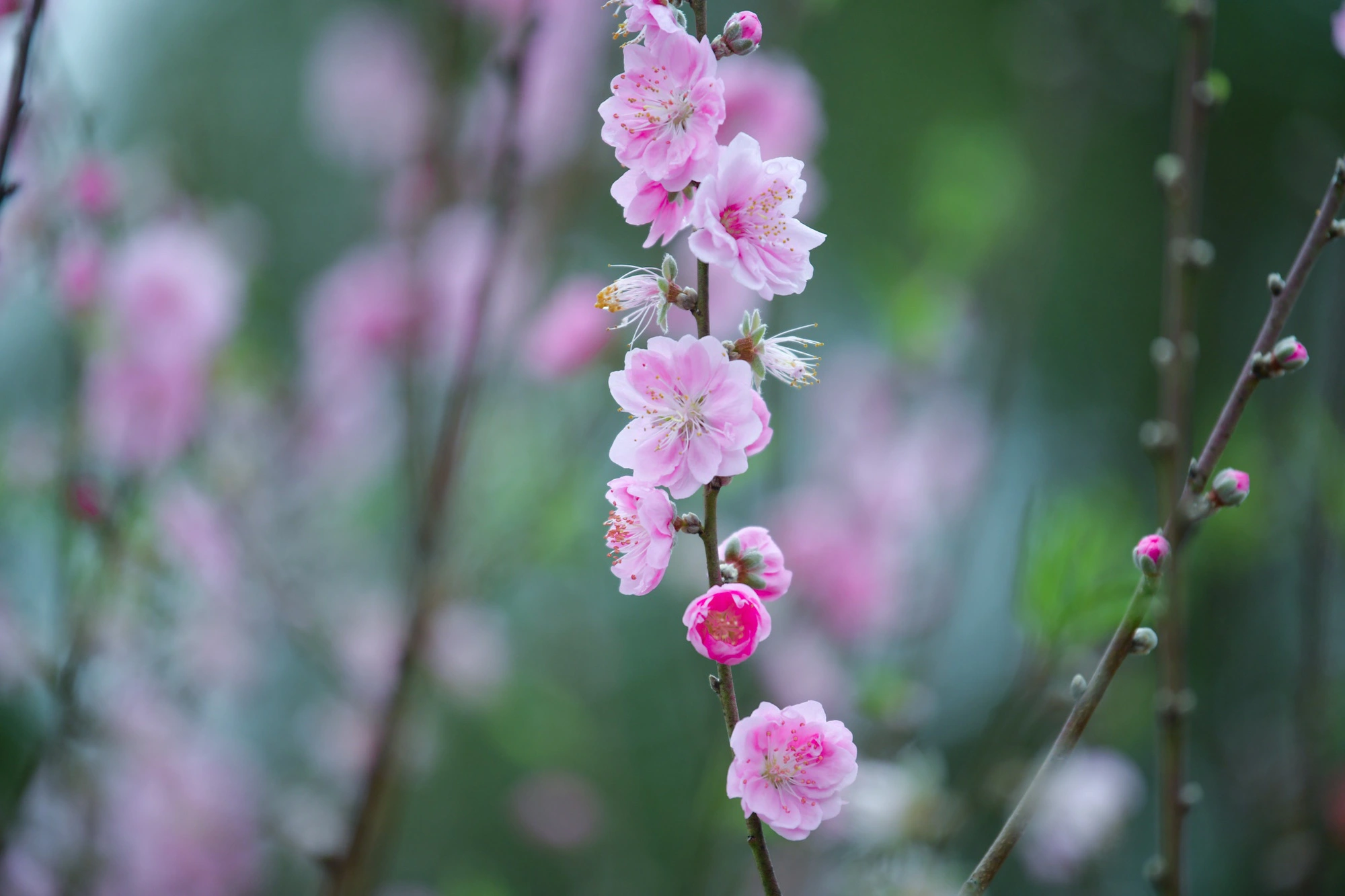
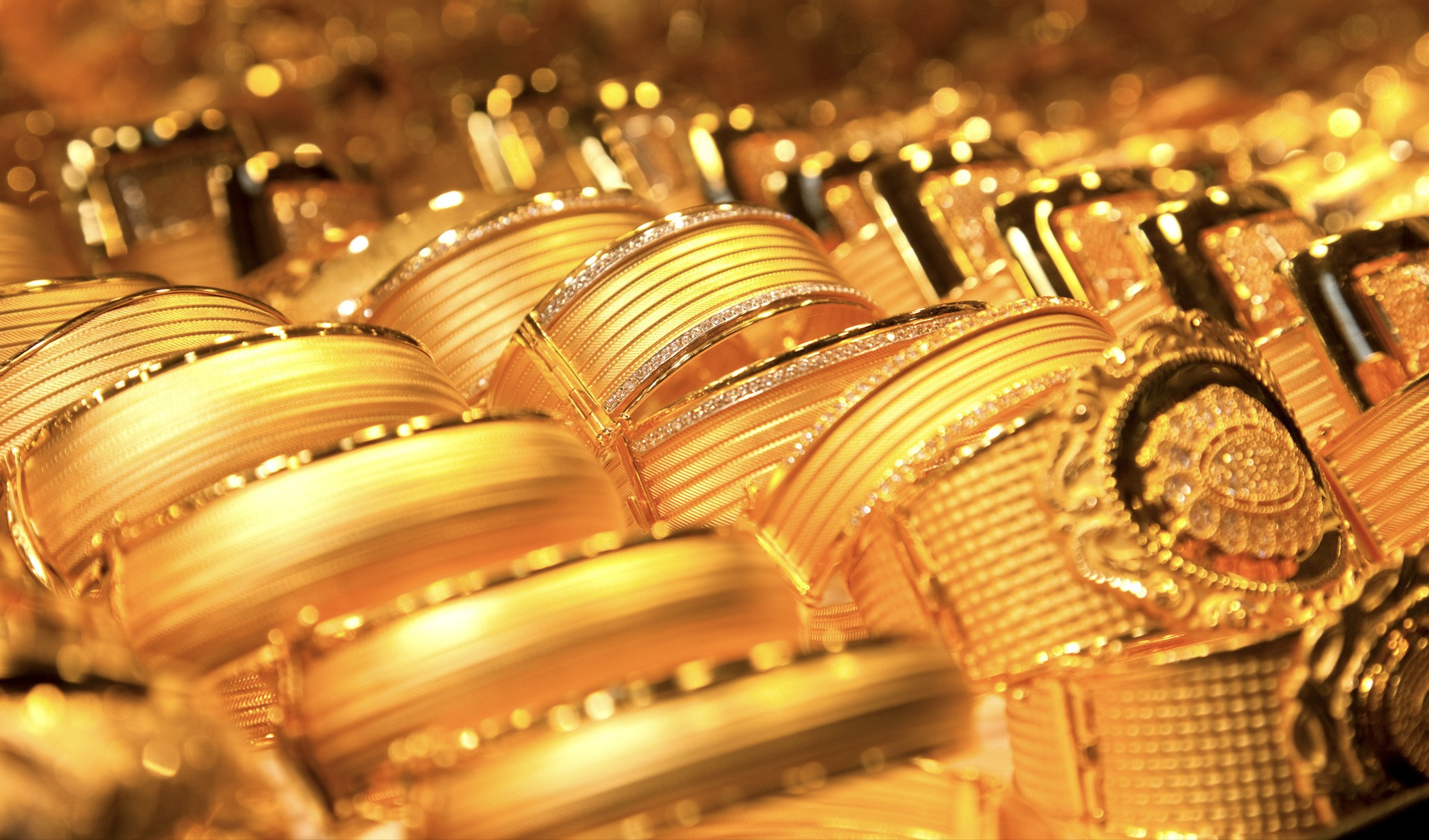






















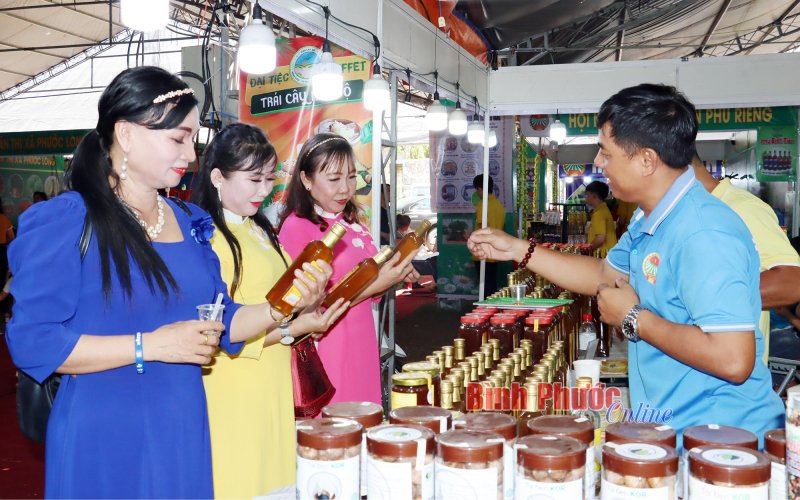
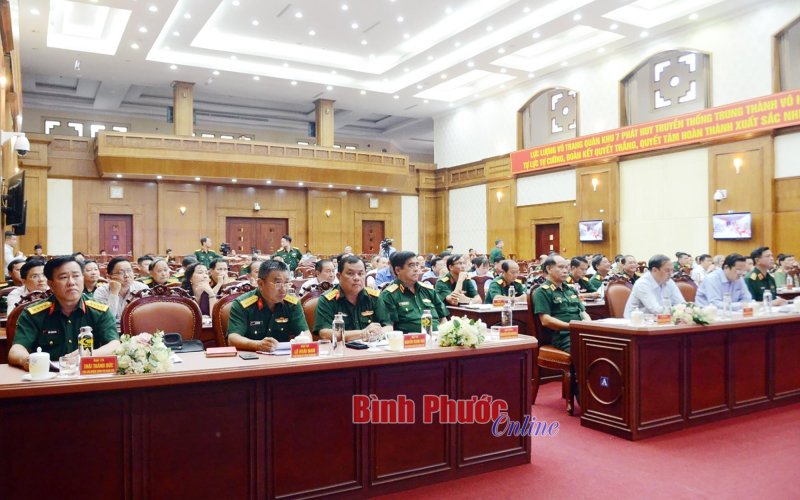
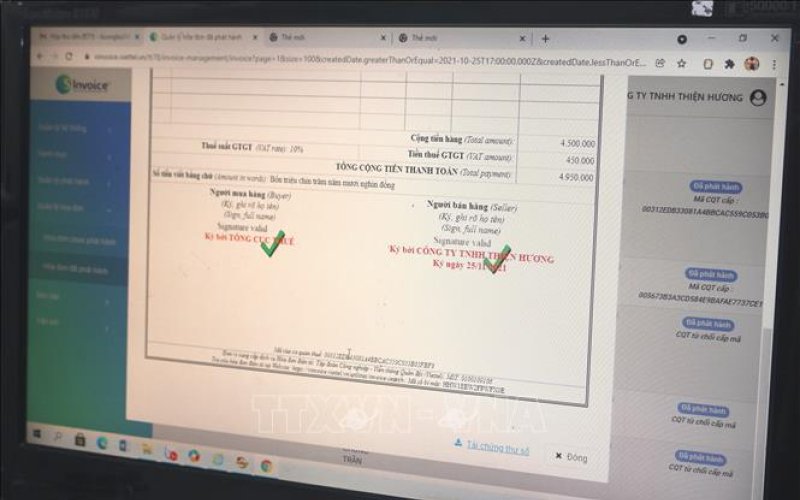
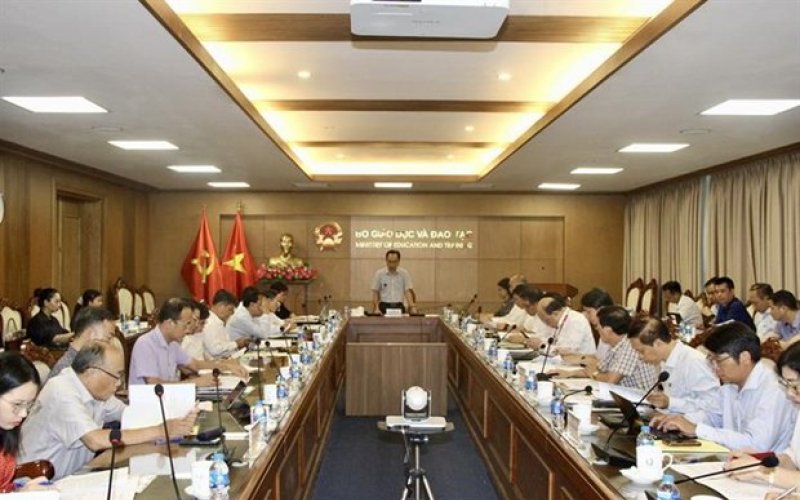

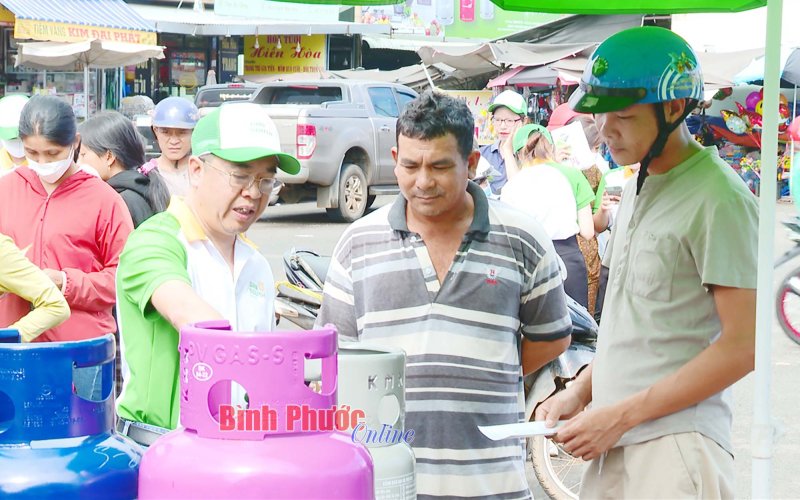
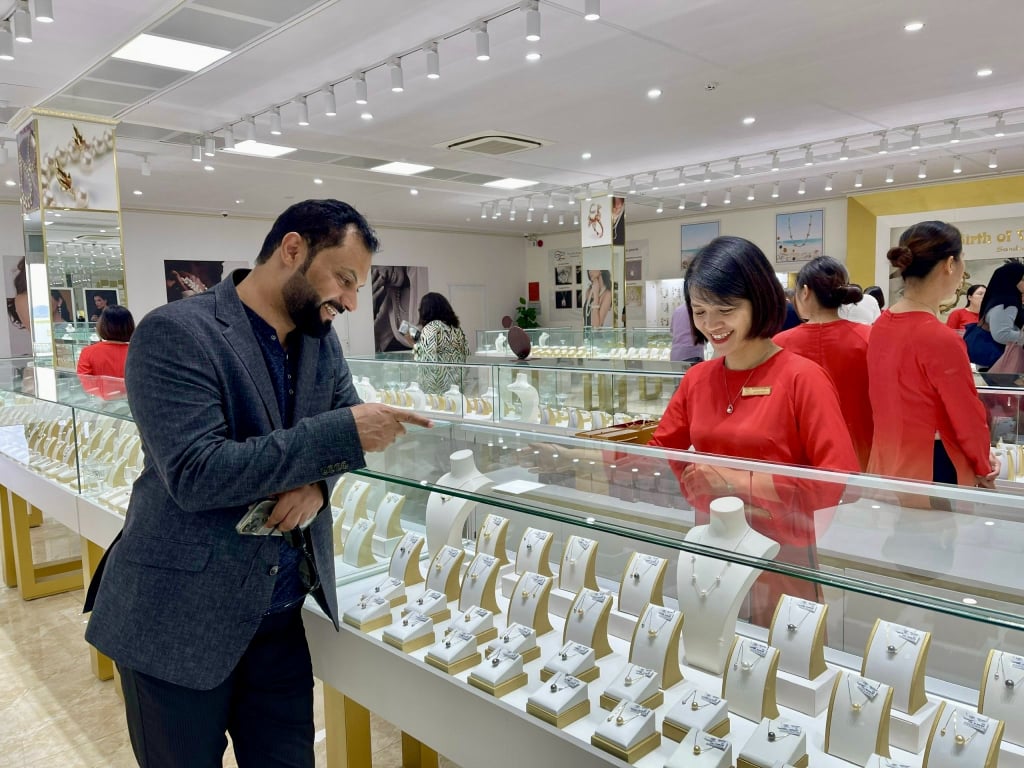
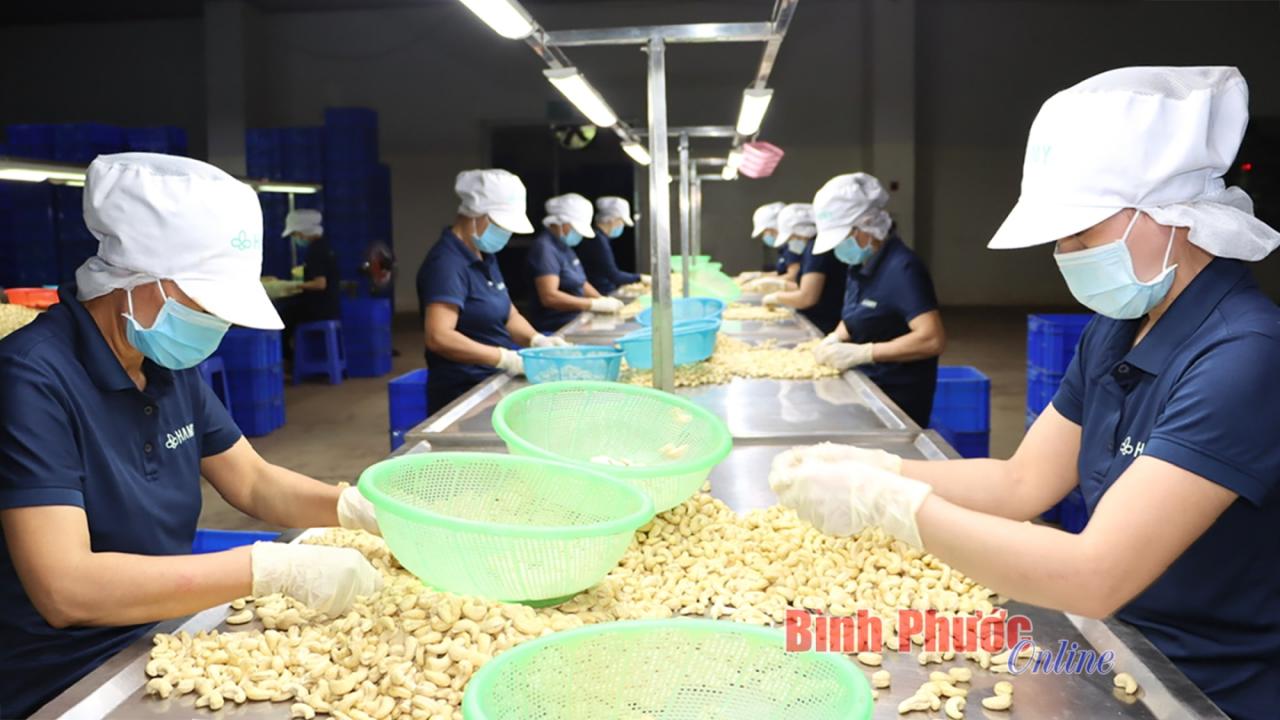
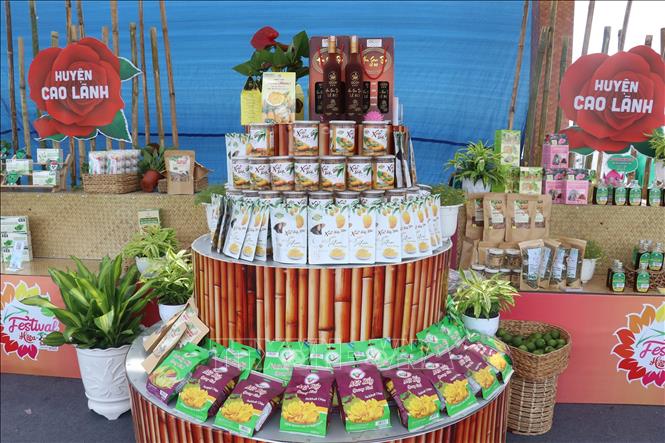
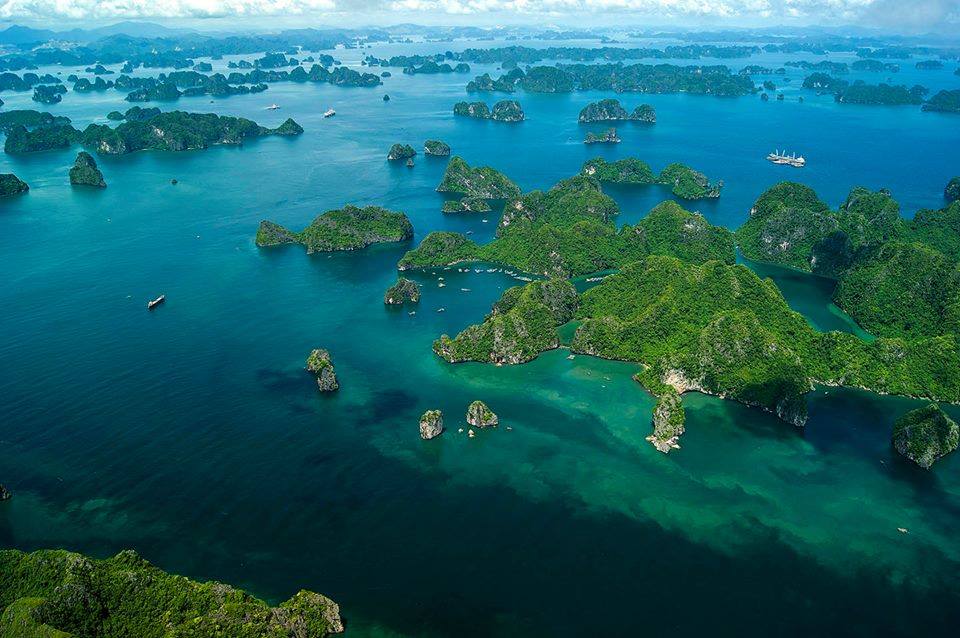
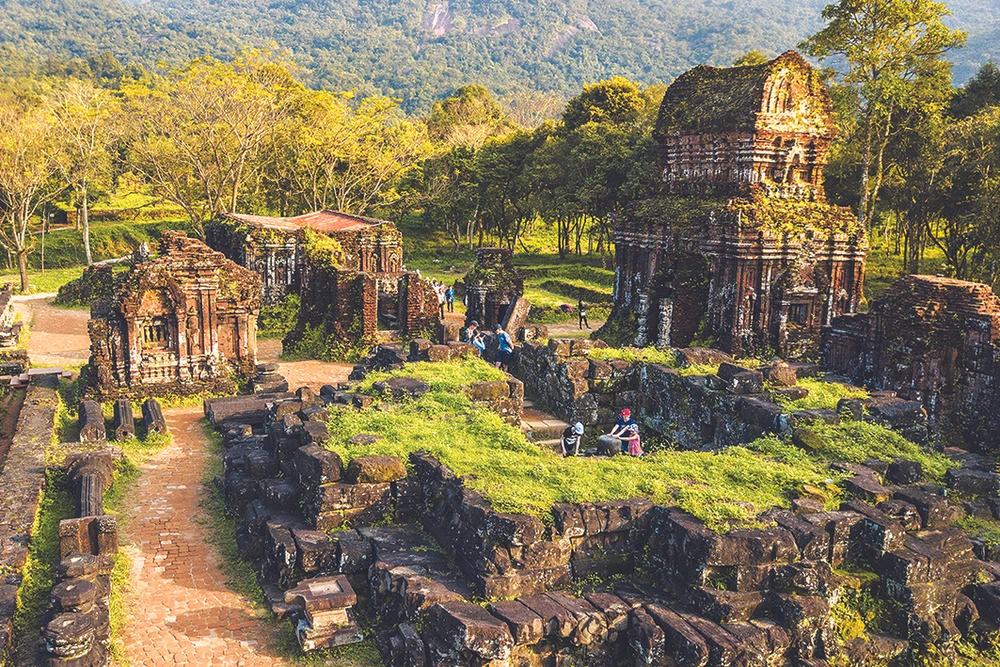
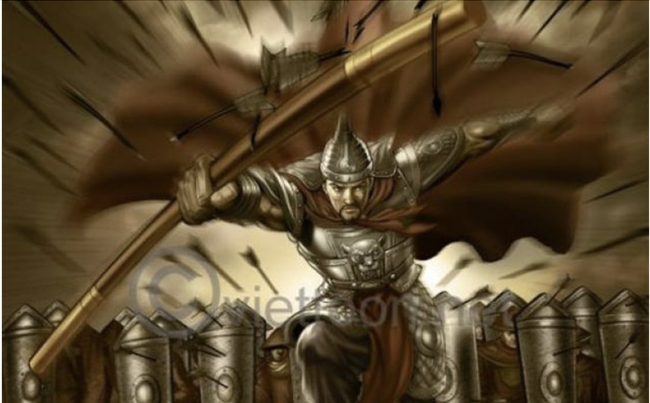
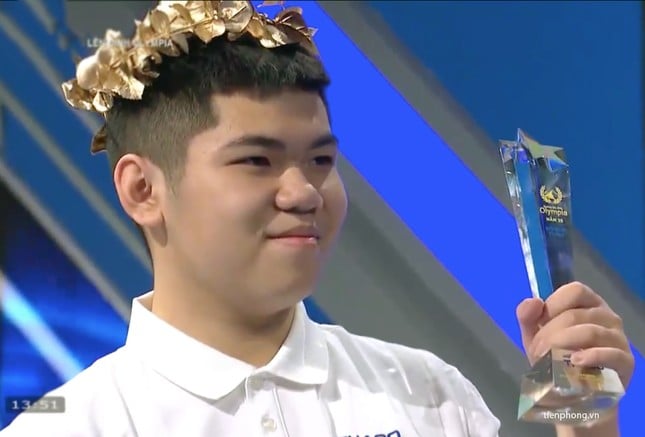

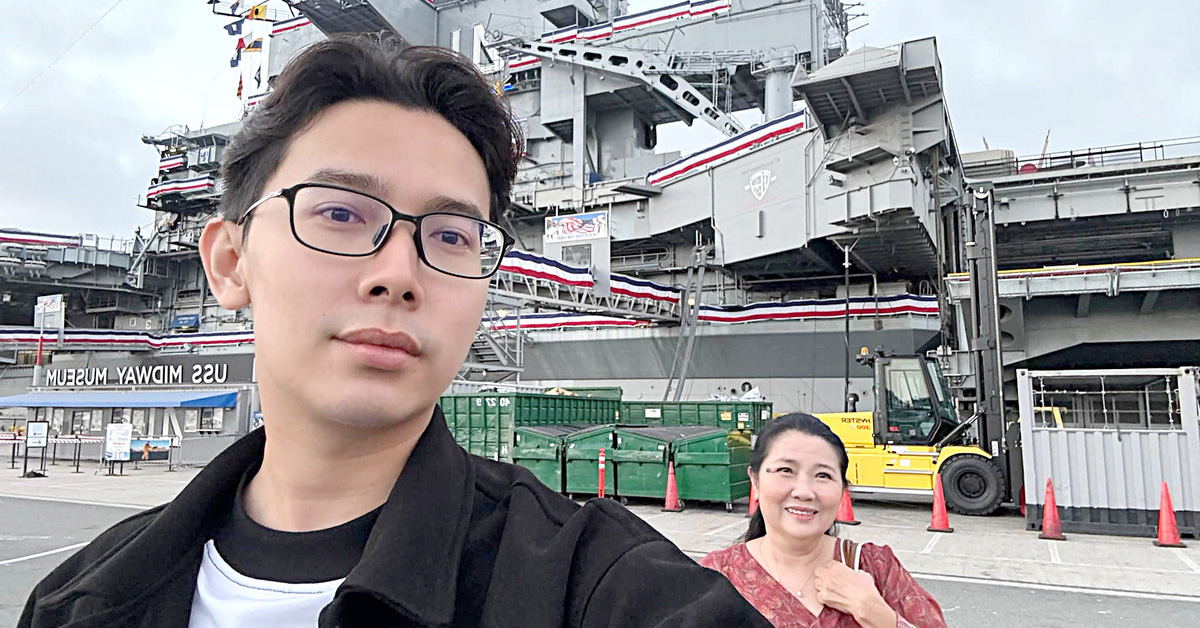

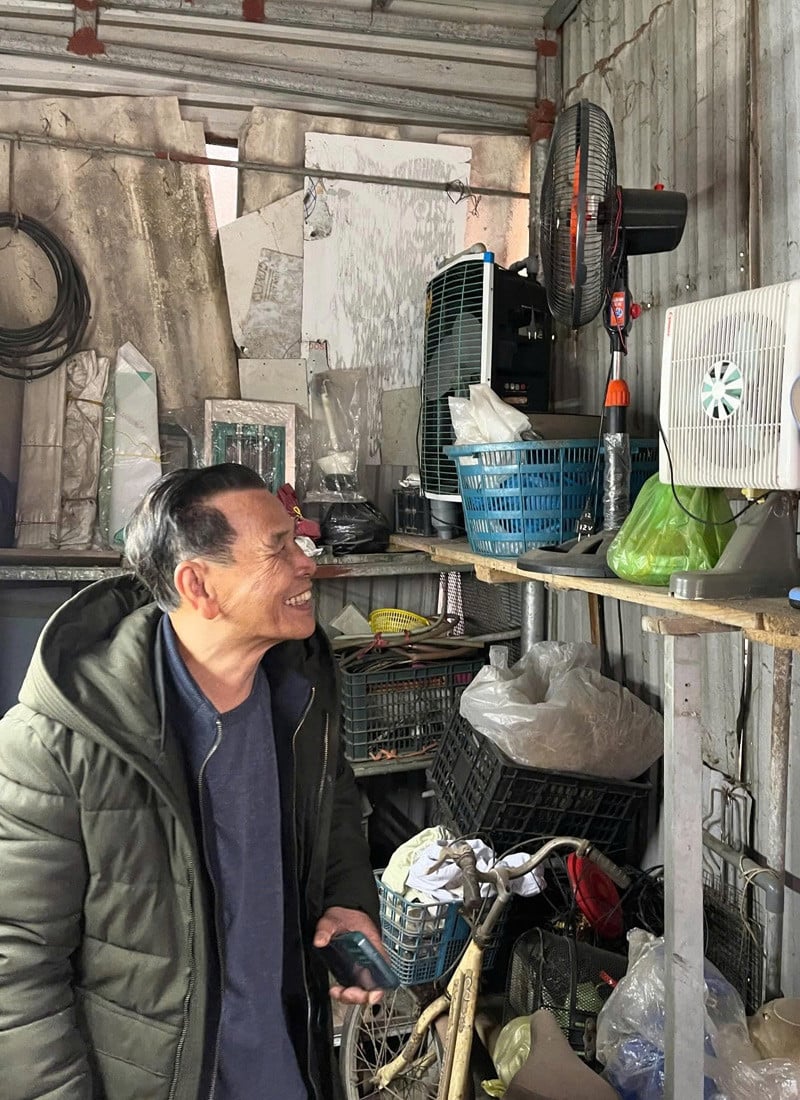

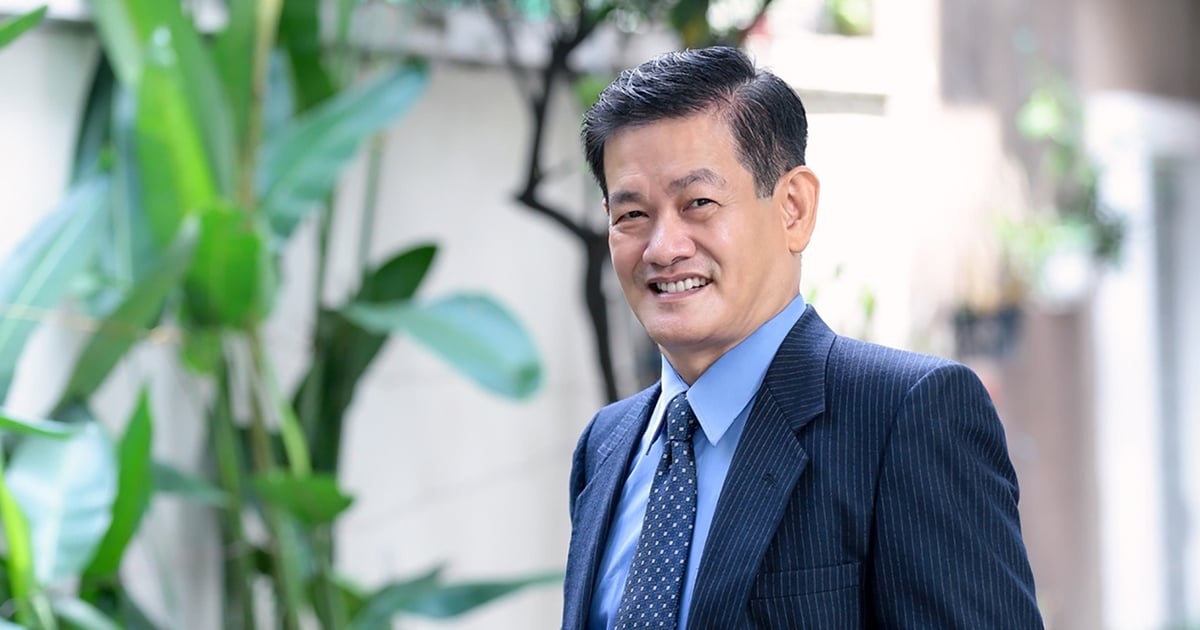

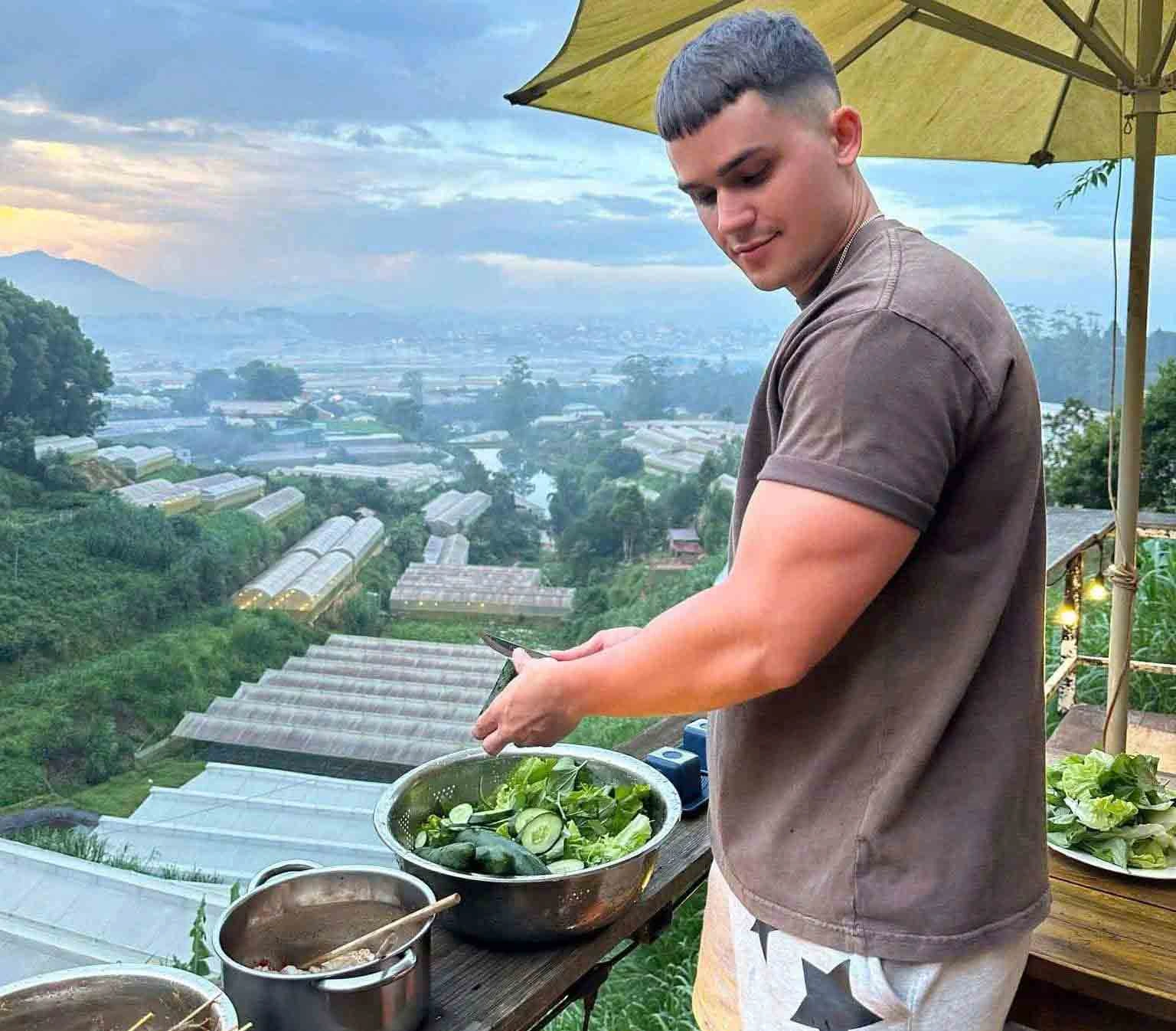
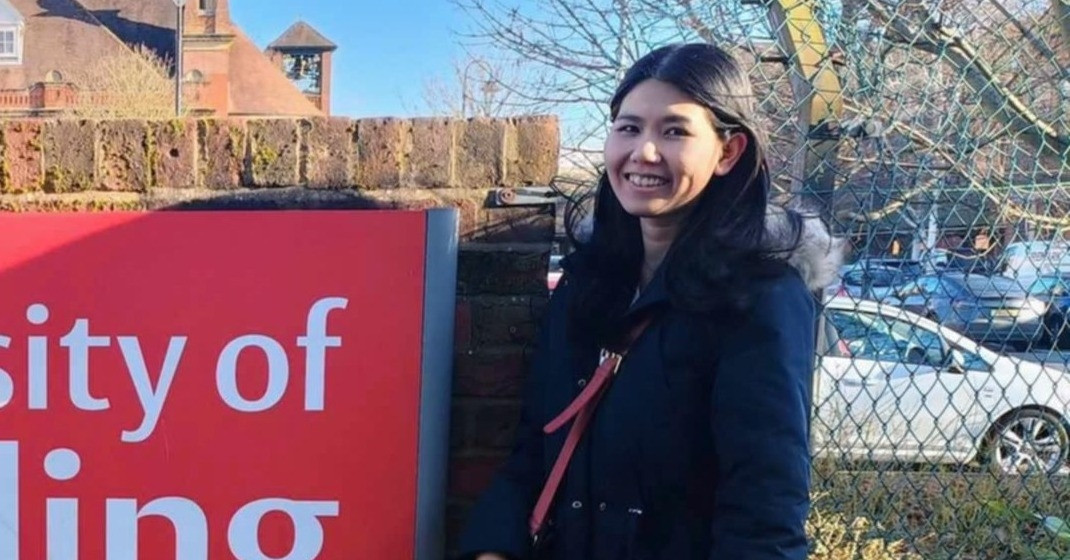




Comment (0)